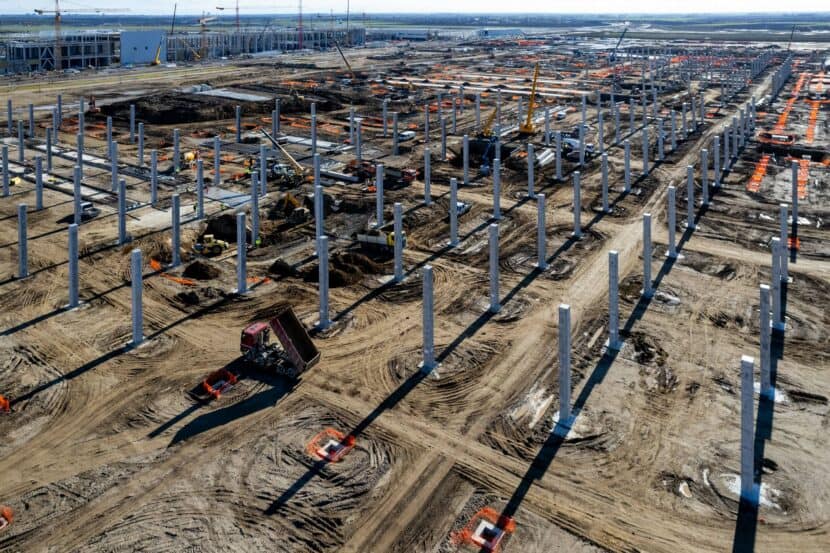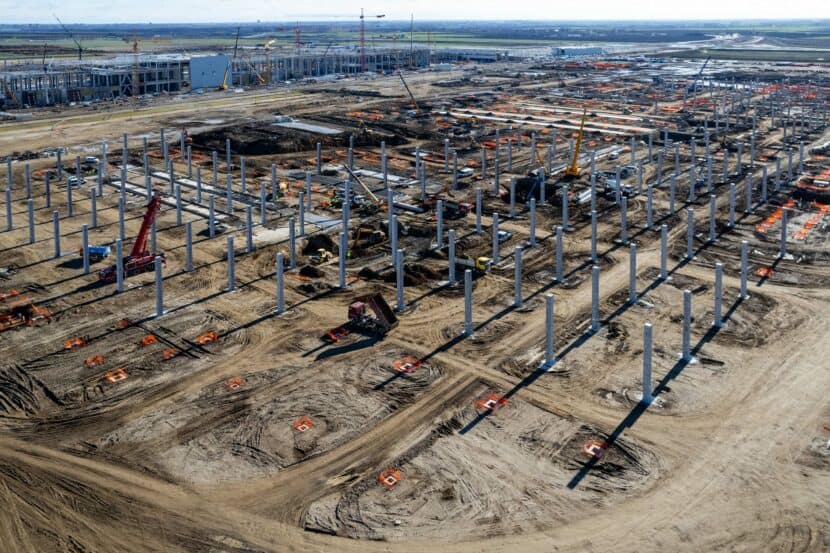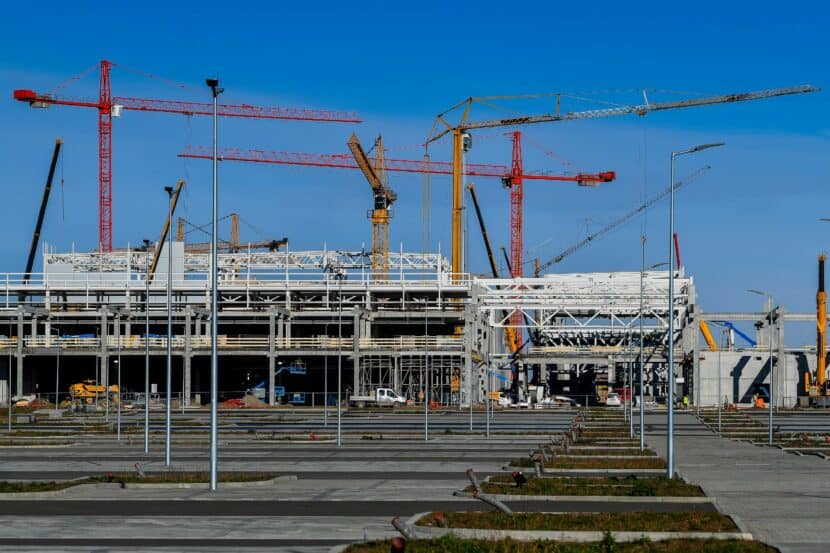Hungary is an important manufacturing hub for German luxury brands as Audi has a plant in Győr while Mercedes operates a factory in Kecskemét. BMW is working on its own facility set to become operational in 2025. Following the original announcement made in 2018 about erecting a factory in Debrecen, the foundation stone was laid in June 2022. Fast forward to February 2023, the buildings are now taking shape.
Visible from the M35 motorway, the buildings will encompass everything needed to make cars, including body and paint shops along with an assembly facility and a press shop. Once finished, BMW Plant Debrecen is going to cover a plot of more than 400 hectares and will be capable of assembling around 150,000 cars annually. It’ll become the BMW Group’s first carbon-neutral factory in the world and will build electric vehicles on the Neue Klasse platform.
As announced in November 2022, BMW will support the arrival of EVs by also building a battery assembly facility at the Hungarian site where an extra 500 jobs will be created. That’s on top of the 1,000+ jobs announced last year by Péter Szijjártó, Hungary’s Minister of Foreign Affairs and Trade. The batteries will be Gen6 round cells with over 20% higher energy density compared to today’s Gen5 prismatic cells.
BMW plans to inaugurate the Neue Klasse platform with two models from the 3 Series segment, so expect a sedan and a crossover. The two already exist in the company’s lineup but the former is sold only in China while the latter, the iX3, is not available globally. Both the long-wheelbase i3 Sedan and iX3 crossover are currently manufactured exclusively in China.
BMW Plant Munich will follow Debrecen in 2026 by starting production of a Neue Klasse-based EV. By 2030, the Spartanburg factory will assemble at least six electric models (likely all SUVs) based on the same architecture. From 2027, NE-based EVs will also enter production in Mexico at the San Luis Potosí plant.
Source: BMW




via Tingle Cars